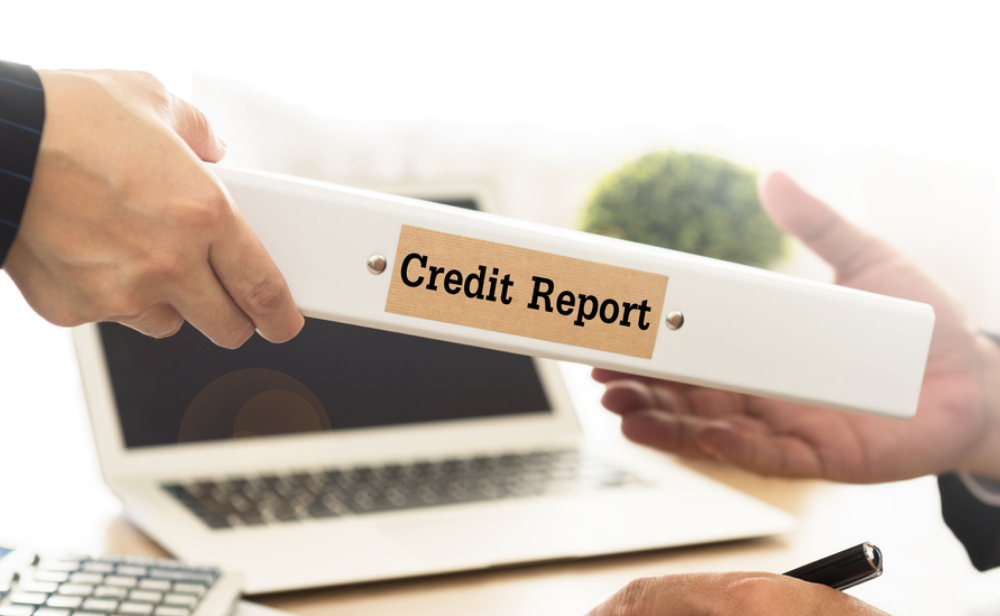How To Report Payment History To Credit Bureau?
A good credit score is your gateway to many benefits and helps you achieve your best possible financial goals. On the contrary, a bad credit score limits new opportunities. It makes your financial management more difficult, as bad credit never secures lower interest rates and additional charges. Here’s how to report payment history to credit bureau.
The information mentioned earlier should become evident enough for you to do everything in your power that can help in improving your credits so that you can achieve a maximum credit score to be an excellent credit profile.
Reporting payment history to your concerned credit reporting bureau is widely termed as a self-reporting of the financial activities to these agencies. It includes paying debts, rent, and utility bills on time. Self-report payment history is a new method added to consumer credit profiles and is a misnomer.
We’ll explain what a misnomer is later, but for now, we will discuss how to report payment history, which financial activities you can report, how it affects your credit score, and all the good stuff that may come under what and how of it.
Reporting payment histories such as utility bills and rents adds many benefits to your consumer credit report if you are good at paying them on time or earlier. These on-time payments did not appear on the credit reports, traditionally.
Until very recently, the financial experts and the consumer protection law considered it unfair to not include them in consumer credit reports as some people are good at maintaining their payment histories.
Let us discuss this self-report payment history in a little more detail.
Table of Contents
Defining Self-Reporting Payment History to Credit Reporting Bureaus
There are 3 main credit reporting bureaus or agencies (whichever you would like to call them) named Experian, TransUnion, and Equifax. The job of each credit reporting bureau is to collect the credit data of the consumers and maintain their credit scores in an authentic credit report.
These credit reports reflect the creditworthiness that helps you with your financial needs when applying for a credit card or personal loan. Previously, the true debts were the only ones considered for reporting to these credit reporting bureaus, and ‘ongoing expenses’ were not included.
The ongoing expenditures include paying utility bills and rent payments on time. About 35% of the FICO –Fair Isaac Corporation scores account for your payment history, and the same goes for the VantageScore model. You can start building a good credit profile with strong payment history. However, it won’t guarantee you an excellent credit score.
How Would You Report Payment History To The Credit Bureaus?
Before we go any further, let us face some reality because the term self-reporting is a misnomer. A misnomer is an inaccurate term used for something it is not. For instance, self-reporting Payment history cannot be done directly by you.
It would be best to have an institute report your payment history to the credit reporting bureaus to report your ongoing expenses. You can consider this good and bad news at the same time. To report your payment history to the respective agencies or bureaus, you need to get a third-party affiliation or become a data furnisher.

Becoming a data furnisher isn’t easy. You need to have a small business where your client can have credit lines or pay through installments. However, this prerogative isn’t easily given to individuals. If you can officially become a data furnisher, you can easily report your client’s healthy history of on-time payment to the credit reporting bureaus.
Now let’s look at the good news. As an individual, you cannot independently report your payment history yourself, but you can use a third-party channel to report your payment history on your behalf.
These services, RentTrack and PayYourRent, will share your healthy habits of managing finances with credit bureaus. You can also sign up for Experian Boost. It allows you to add all your phones and other utility bills to your Experian report. It will also keep track and record all the on-time payments history and give the right amount of boost to your credit score.
UltraFICO is yet another option for you to get yourself signed up. It is a relatively new service that allows your balances in your bank accounts to be reported on your credit score. With this, your creditor can access a positive report of keeping a good balance in your account even if your credit score isn’t that good.
UltraFICO is the repetition of the process you may have previously heard about as the FICO Expansion Score. The idea behind UltraFICO is the same as Fico Expansion has. It will help you expand the variety of options for inclusion in your credit score.
This way, many more people will gain access to use the credit profile to make them financially stable. However, be careful with UltraFICO as it isn’t completely launched yet. Just sign up for the time being so that you can get the updates, newsletters, and all —but it will be coming soon!
You can further expand your horizon with PRBC, which will take you beyond the FICO Score model. PRBC stands for Payment Reporting Builds Credit and is an alternate solution for the traditional reporting methods.
What Are The Alternatives Of Third Party Affiliation
Is self-reporting and understating its details getting on your nerves, and you still want to bring improvement in your credit scores? Without getting into the mumbo jumbo of self-reporting or third-party services, you can access your credit score. A secured credit card would help you build good credit history at a lightning-fast speed if used responsibly.
Getting a credit card isn’t that difficult without having a credit history if you have a good history of maintaining a healthy bank account balance. If you have a bad credit history, you can opt for a bad credit card to improve your credit scores.
The fastest way to rebuild your credit history is to make smaller purchases and pay them off on time. If you become consistent with this approach, you will see remarkable growth in your credit scores.
Using the tips discussed, you can get your credit score to a higher ranking regardless of whether they are bad, average, or good. All you have to do is make on-time payments, not get your old credit cards closed, keep a low balance, and use your credits responsibly to maintain your credit scores.
The Conclusion
As much as you would love to report your payment history to your credit reporting bureaus – Experian, TransUnion, and Equifax, you can’t simply get them reported without the help of a third-party service.
You can consider building your credit score with old-school ways that may turn out to be a lot easier to work on than getting any help for your items to be added to your credit report.






